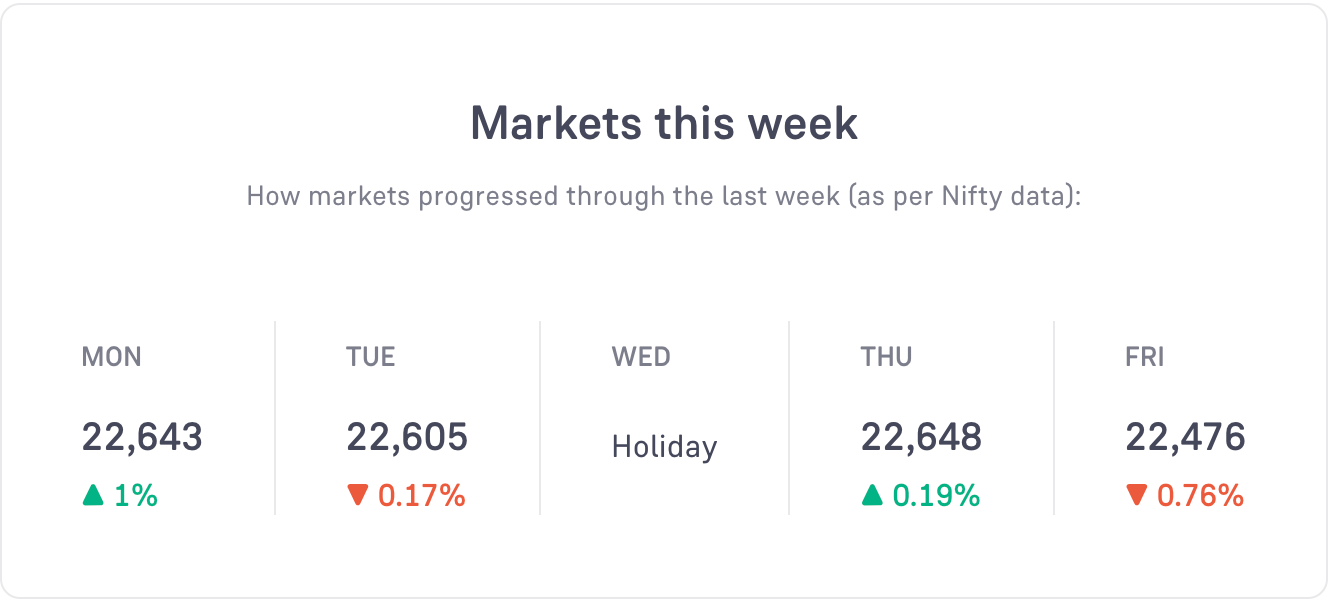“What will you do after that?”
The advisor asked Pyrrhus.
Pyrrhus was a king in Greece, about 2,000 years ago.
He told his advisor that he would capture Italy.
“Then?” the advisor asked.
Pyrrhus kept naming other places he would conquer – Sicily, North Africa, Carthage.
The advisor wanted to know the extent to which Pyrrhus would go.
It seemed like he did not want to stop.
In his time, Pyrrhus was known as one of the most relentless war-hungry rulers.
He had a reputation for leading his army from the front – fighting and leading the men.
And he had a reputation for wanting to capture more land.
Pyrrhus loved war.
He studied wars and wrote about them.
Peace was boring.
Pyrrhus was always fighting a war or preparing for one.
In the battle of Heraclea, Pyrrhus was moving in to capture a city in southern Italy. He had about 23,000 soldiers.
His enemy – the Romans – were marching to fight him with an even bigger army.
The battle lasted long and resulted in both sides losing thousands of men.
Pyrrhus’ army suffered massively. But they won the battle.
Some of his most able and trusted soldiers died in this battle.
This was a big blow to Pyrrhus. But victory was his.
He tried to strike a deal with the Romans using his victory as a negotiating point.
But the Romans refused to talk.
Their plan was to come back for another battle with even more men – something they could easily do given their population.
Pyrrhus could not replenish his army that fast.
Soon, the Romans attacked Pyrrhus again.
The war was intense and brutal this time too.
Both sides lost soldiers.
Pyrrhus managed to win again. According to some estimates, he lost 3,500 soldiers.
He was congratulated for winning against the Romans twice.
He responded by saying, ‘if we win one more battle against the Romans, we will be ruined’.
He had won the two battles – no doubt. But the cost of winning the battles was atoricous.
Too many of his best soldiers had already died. Their morale was low.
There was no way he could have fought another battle against anyone.
He was far away from his own land (Greece). So he could not hire more soldiers.
The Romans were in their home turf. After losing the battle, they went back, got more soldiers and came back to fight.
The Romans would attack again. And he would not be able to fight them again.
This effect is now famously called the Pyrrhic effect.
It is believed to be the origin of the line ‘winning the battle but losing the war’.
The Pyrrhic Effect
The Pyrrhic effect can be seen in many battles and wars since then.
And not just battles and wars, but also in politics, and business.
There are examples of acquisitions where one company went out of its way to acquire another company.
But in doing so, it ended up hurting its main business.
One example is of AOL – the internet company.
AOL tried to acquire media giant Time Warner – for $165 billion.
The merger was insanely expensive. Around the time of the merger, the dot-com bubble burst and internet companies’ stocks fell sharply.
AOL was unable to make the merger work and Time Warner spun off as a separate entity later on.
Investing
Of course, we see Pyrrhic victory in investing too.
Too many investors spend hours and days researching stocks.
They scan the internet, social media groups, and friends’ circles for ideas.
Curious investors research investment ideas and find out more about their favourite stocks.
They religiously track the cycles and the balance sheets of these companies.
And in the end, they do manage to land some great investments.
But that’s the battle – they win that battle. But what about the war?
This may surprise some investors.
If your investment portfolio gives a return of say 17% per annnum – you are doing a fantastic job.
But what is the ‘war’ we are talking about?
There are many things an investor needs to do right besides getting higher returns from stocks.
What about your invested amount?
Say one person (Rishabh) has a total of Rs 10,000 invested in stocks. He manages to get 17% per annum returns.
Another person (Abhay) has a total of Rs 1 cr invested in stocks. He manages to get 15% per annum returns.
Rishabh’s returns are higher than Abhay’s.
But in 30 years, who will have more money?
Rishabh with 17% per annum will end up with about Rs 11 lakhs.
Abhay with 15% per annum will end up with about Rs Rs 66 cr.
The extra 2% per annum returns did not do much for Rishabh in the grand scheme of things.
The investment amount you put in matters too.
Many investors should probably focus more on their careers – so they can save and invest higher amounts.
This is just one example of battle won but war lost.
In another case, imagine having all your money invested in stocks.
Let’s say the markets are doing poorly in one year – they are down about 40%.
The stocks you invested in are more affected than others.
You could end up taking a huge hit.
On the other hand, what if an investor had a carefully balanced portfolio – investments kept in different assets like stocks, debt funds, real estate, gold, etc.
In this case, some bad stocks in your portfolio do not completely ruin your personal finances.
You will always have some money kept in safe assets.
This also reduces the volatility of your investments’ portfolio.
Not just that, when the markets are down, you might find some good stocks available for cheap prices.
Having a balanced portfolio would mean you might have more money to buy such cheap stocks.
Choose your battles
In investing, we are fighting many kinds of battles.
We will never win all the battles that we fight. But we must win the war.
It is incredibly important that we choose our battles carefully.
Sometimes, it is okay to allow ourselves to lose some battles.
Finding the ‘right’ stocks is an addictive battle for investors. It is fun and can be rewarding.
But we must never forget the other important aspects of investing.
We must never lose sight of the war that has to be won.
Quick Takes
+India’s services exports fell by 1.3% to $30 billion and imports fell by 2.1% to $16.61 billion in March: RBI data.
+The 127-year old Godrej Group is going to split. Mr Adi and Nadir Godrej will handle all listed businesses of the group while unlisted companies like Godrej & Boyce will be under Mr. Jamshyd Godrej and Mrs. Smita Crishna.
+NPCI International has partnered with the Bank of Namibia to develop a UPI-like payment system for Namibia.
+DGCA has deregistered all 54 aircrafts of Go First airline.
+BSE will change monthly expiry of single stock derivatives (F&O) to 2nd Thursday of a month from 1 July.
+BSE has increased transaction charges across different turnover brackets for options contracts linked to Sensex and Bankex, starting 13 May.
+India has reduced windfall tax on crude petroleum to Rs 8,400 per tonne from 1 May.
+GST revenue collection rose to its highest-ever level of Rs 2.1 lakh cr in April.
+Ola Electric’s market share rose to 50% after selling 33,934 electric two-wheelers in April.
+India’s gold demand rose by 8% year-on-year to 136.6 tonnes in the first quarter of 2024: World Gold Council.
+India's 8 core sectors posted a growth of 5.2% in March 2024 vs 7.1% in Feb 2024 and 4.2% in March 2023. Core sectors include crude oil, steel, and cement.
+JNK India stock listed at a 49.6% premium over IPO offer price (Rs 621) on NSE.
The information contained in this Groww Digest is purely for knowledge. This Groww Digest does not contain any recommendations or advice.
Team Groww Digest







